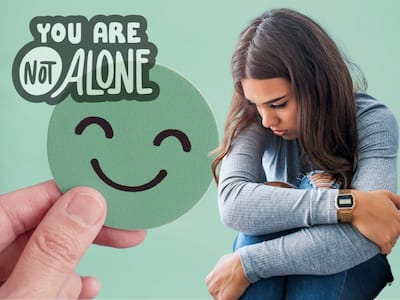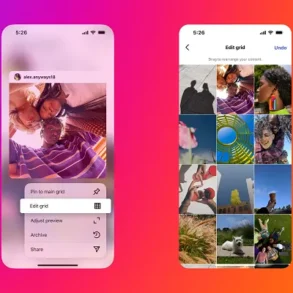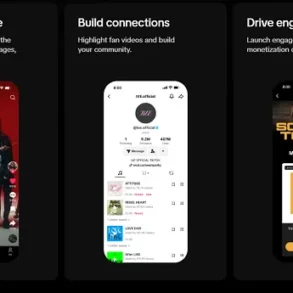![]() VERIFIED
VERIFIED

Are you feeling stressed, depressed, or anxious? Worry not! Use your social media to uplift your mood with the help of your networking skills. But wait, do not forget to keep these 10 things in mind while using this tool to support your mental health.
In today’s hyper-competitive landscape, where creativity, innovation, sales, and marketing are kingpins, strong social connections aren’t just a bonus – they’re essential for both business success and mental well-being. When embraced with intentionality and openness, networking can blossom into a powerful force for connection, collaboration, support, and overall flourishing.
Today, this article, Mr. Deepak Toshniwal, Global Business Strategist, Founder- Global Business Community: SNOW, helps us explore the most effective ways to engage yourself with the social media world to manage your mental health problems.
10 Hacks to Turn Your Social Media into a Mental Oasis
Are you getting used to antidepressants for managing your stress and anxiety issues? Stop now! You can help yourself with social networking. Yes, you read that right! Social media can also help you in managing your mental health issues effectively. Here are the top 10 tips to keep in mind while using social media to detox your mood, and reduce stress and anxiety:
Also Read
Be Selective In Choosing Your Platforms Wisely
While selecting a platform digitally or in person, there are various options where you can become a part of any organization in any country. Select social media platforms that align with your interests and values. Consider the type of content and interactions that make you feel positive and supported.
Participate Positively
Always be open enough to connect with members of the platforms who are from diversified business categories. Share positive and uplifting content. Engage in meaningful conversations and support others in your network.
Social networking is very sensitive and also very lucrative, one has to be careful while sharing content or speech.
Avoid Political Discussions
Political discussions can be divisive. Consider whether engaging in such conversations is beneficial for your mental well-being.
Take Breaks
Schedule regular breaks from social media to recharge. Use the time to engage in offline activities that bring you joy and relaxation.
Connect Meaningfully
Social networking helps everyone in sharing and caring with each other and also supports each other morally and professionally fosters deeper connections by engaging in private conversations, video calls, or in-person meetups when possible. Share personal achievements, challenges, and emotions with trusted friends.
Support Need-Based Community
Use social media as a platform to seek support when needed for a need-based society or community preferably underprivileged. World Health Organisation (WHO) has declared it one of the fastest-growing disabilities in the world. Join groups or communities focused on mental health and well-being.
Practice Digital Detox and Declutter
Designate specific times or days for a digital detox where you completely disconnect from social media. Use this time to focus on real-world relationships and activities.
Seek Professional Help When Needed
As per WHO’s recommendations, any person suffering from mental health has to consider a professional psychologist or psychotherapist online or offline. If you’re struggling with mental health, consider seeking professional help rather than relying solely on social media for support.
Express Your Gratitude and Gratefulness
One should remember gratitude and appreciation should be always rendered to whoever deserves it. Share and focus on positive aspects of your life. Engage in gratitude challenges or discussions to foster a positive mindset.
Express Yourself Creatively
Share your creative endeavors, whether it’s art, writing, or other hobbies. Engage with others who share similar creative interests.
Be Mindful of Negative Triggers
Identify and avoid content or discussions that trigger negative emotions. Develop strategies to cope with negativity, such as taking a step back or disengaging.
While social networking can offer valuable connections and support, it’s crucial to be aware of its potential impact on mental health and make conscious choices to foster a positive online experience. Remember that everyone’s relationship with social media is unique, and what works for one person may not work for another. It’s important to be mindful of your own needs and well-being and make adjustments accordingly.
This post was originally published on this site be sure to check out more of their content







